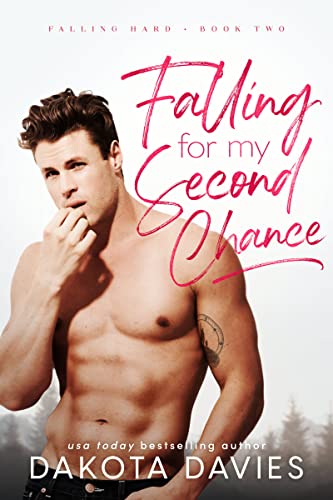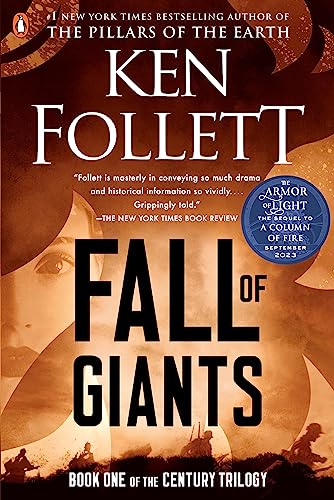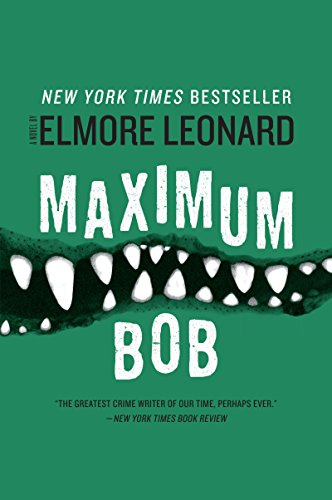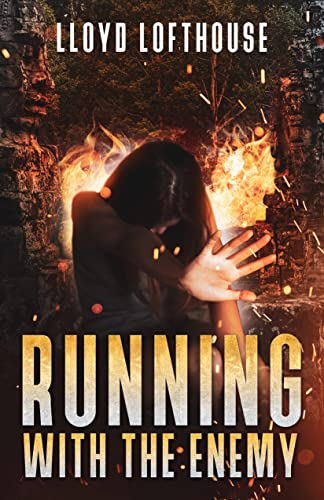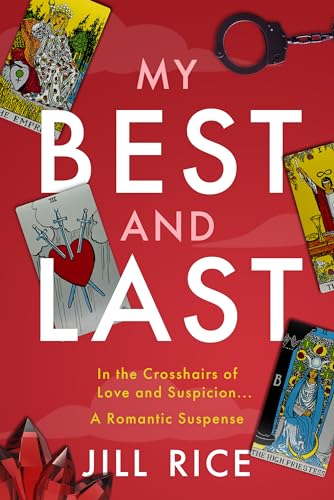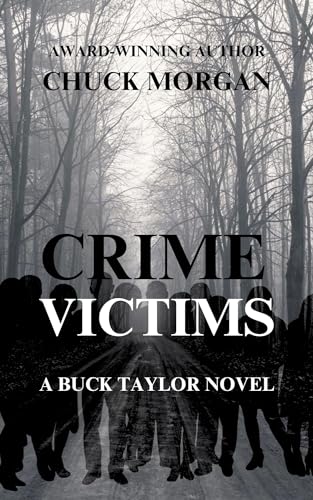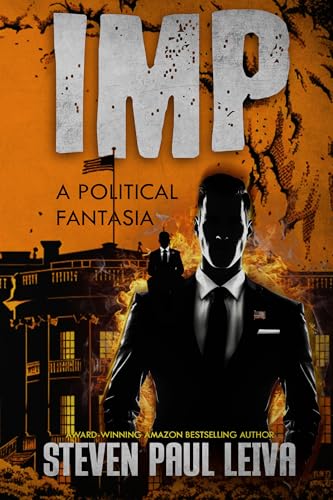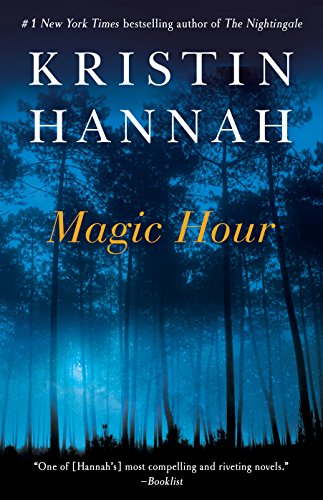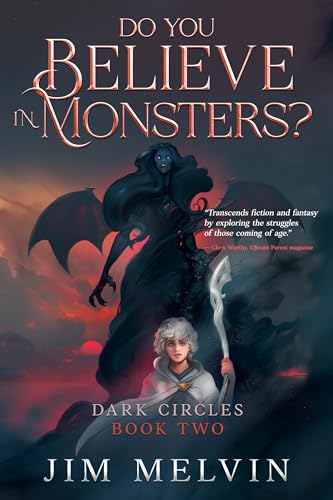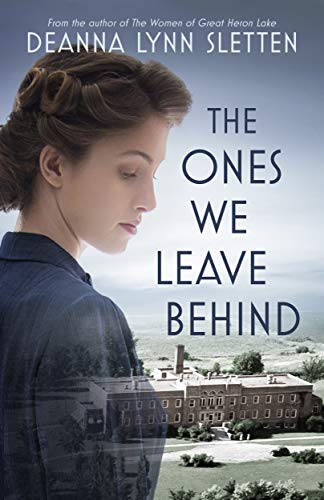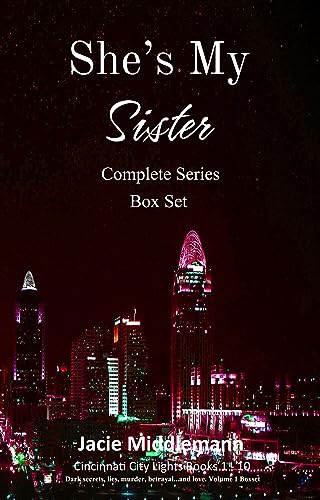Great book deals and freebies sent straight to your email daily: Subscribe to BookGorilla—it’s free!
Who was Octavia Butler? BookRiot look into her early life, literary bibliography, and fascinating facts about her life and writing approach.
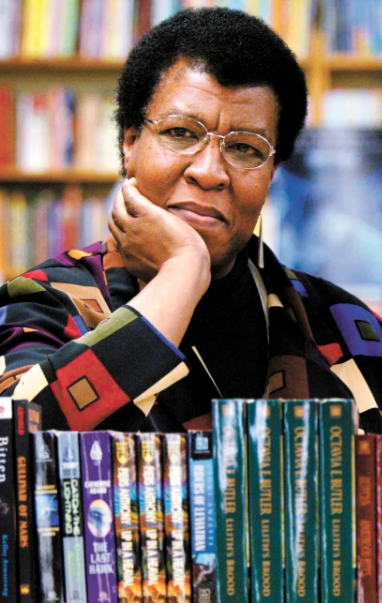
Who am I?” reads an old jacket cover of Octavia E. Butler’s Parable of the Sower, “I am a forty-seven-year-old writer who can remember being a ten-year-old writer and who expects someday to be an eighty-year-old writer. I am also comfortably asocial, a hermit in the middle of Los Angeles. A pessimist if I’m not careful, a feminist, a Black, a former Baptist, an oil and water combination of ambition, laziness, insecurity, certainty, and drive.”
This famous description is catchy, but it barely scratches the surface of who Butler was. Her legacy as the first Black woman science fiction writer precedes her, but she was never too fond of labels. As her many interviews and novels show, there was a lot more to her than a simple by-line.
Octavia Estelle Butler was born to Laurice and Octavia M. Butler (née Guy) in Pasadena, California, on June 22, 1947. Her father passed away when she was still a toddler and young Butler was raised primarily by her mother and grandmother. She went by Estelle to everyone except her mother, who lovingly called her “Junie.”
Her mother was a domestic worker who cleaned houses for a living. She would sometimes take Butler with her to work, and because she wasn’t allowed in, Butler would wait in the car. On the few exceptions of these days, Butler would follow her mother inside. Sometimes she would hear people speak about her mother in disrespectful ways. As a child, the anger and humiliation she felt on behalf of her parent were directed at her mother, for not standing up for herself, rather than the people who insulted her.
“I will never do what you do,” Butler recounts telling her mother in an interview with Daniel Burton-Rose, “What you do is terrible.” At the time, her mother hadn’t said anything, but looked hurt. Years later, Butler came to regret her words, “I carried that look for a number of years before I understood it…I didn’t have to leave school when I was ten, I never missed a meal, always had a roof over my head, because my mother was willing to do demeaning work and accept humiliation.” Later, it would be people like her mother who Butler saw as heroes and who would inspire her to write her most famous novel, Kindred.
Read full post on BookRiot


